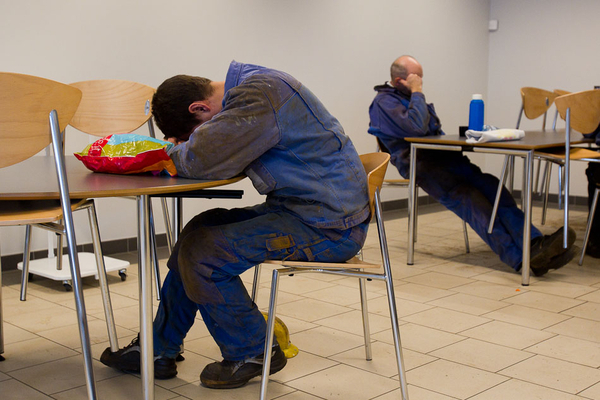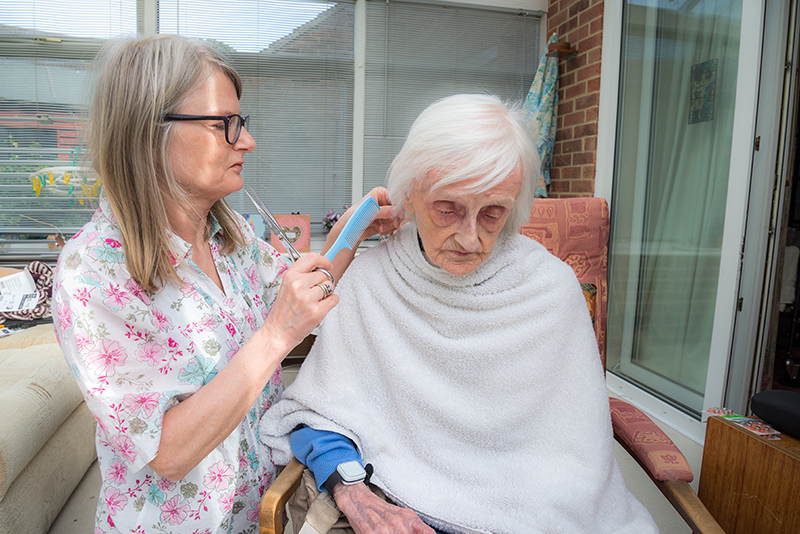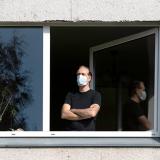
Psychosocial risks
Psychosocial risks are aspects of the design and management of work, and its social and organisational contexts, that have the potential for causing psychological or physical harm. Work-related stress is one of the health risks most frequently identified by workers in Europe. The factors that can cause stress for workers and influence their health and well-being can be related to the following: job content; work intensity and job autonomy; working time arrangements and work–life balance; social environment, including interpersonal relationships at work and social support; job insecurity and career development.










